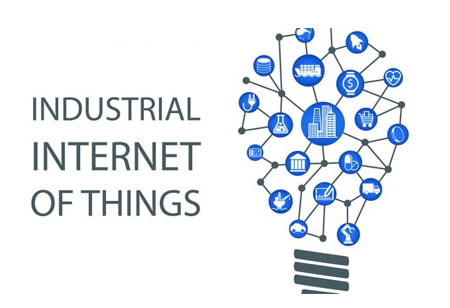THANK YOU FOR SUBSCRIBING
Enhancing Product Returns Management: Here's How
The future of retail technology will focus more on providing businesses with more insights into their customers’ purchase preferences. Data-driven intelligence can enable retailers to cater to customer needs in a more...

By
Apac CIOOutlook | Thursday, January 01, 1970
Stay ahead of the industry with exclusive feature stories on the top companies, expert insights and the latest news delivered straight to your inbox. Subscribe today.
The future of retail technology will focus more on providing businesses with more insights into their customers’ purchase preferences. Data-driven intelligence can enable retailers to cater to customer needs in a more customized manner, without investing much effort, cost, and resources.
In the current market, consumer behaviors and preferences have changed drastically. These changes have led to a surprising improvement in online sales of retail products. 2017 has shown $400 billion of retail e-commerce sales in the retail market. This count is expected to increase by $650 billion in 2022.
Sizing is the most important factor which creates a gap between online and in-store returns. In online retailing, once a customer gets a lesser sized product, next time he/she might order two different sized products. Now he/she can go with the most convenient option. This is the behavior that a customer would exhibit at times of sizing issues. Therefore, some retailers, especially from the apparel industry, are providing customers an opportunity to choose multiple sizes and color opt-in to attract the customers, to reduce higher returns on the back end.
With a highly competitive environment, many of the world’s best retailers are focusing more on their returns management solutions to improve the current purchase decisions and to decrease return rates by maintaining an efficient supply chain management system.
Many retailers are yet to leverage new technologies that make returns management more efficient. One such product returns management system is a disposition engine. This engine employs machine learning and data science to create real-time disposition decisions based on current data.
Retail brands usually make mistakes of listing returned products on a single marketplace with one set price. Here, the data-driven intelligent pricing becomes the hero, and it ensures maximum value on all returned products. The process of the data-driven intelligent pricing includes scanning and identification of UPC or item ID, the collection of current data from multiple marketplaces, calculation of price, and placing the product in the marketplace. An effective and efficient returns management system and intelligent pricing in retailing will help retailers generate more revenue on returns.
Check out: Retail Tech Insights





